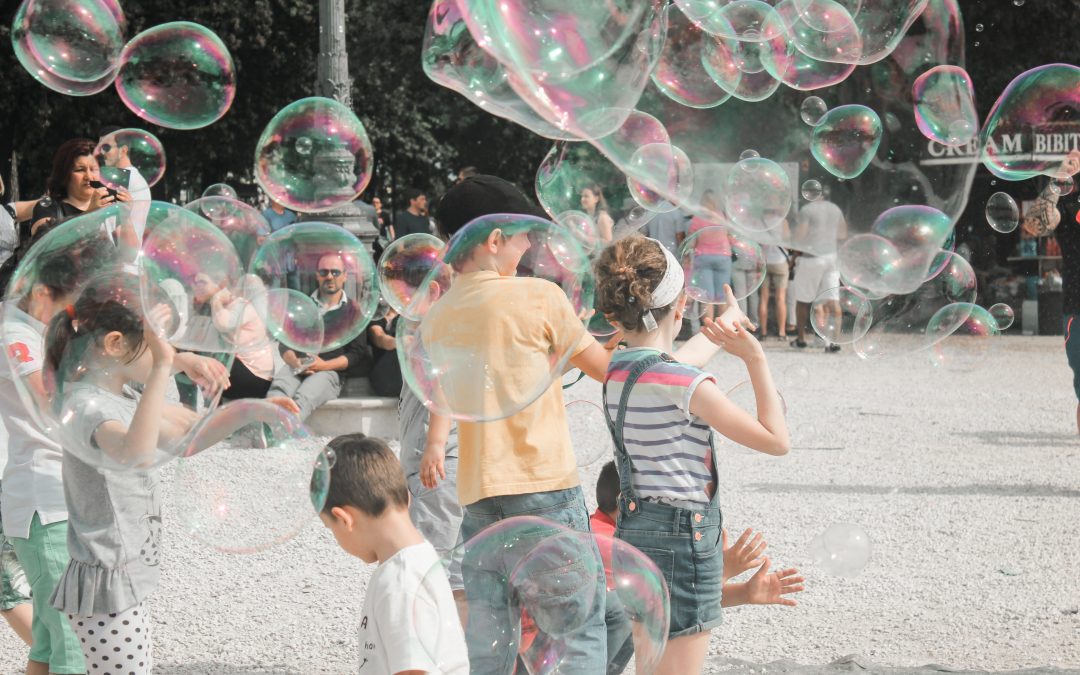How often do you make a point of playing? You know, doing something for the fun of it?
The other day, on my walk home from the gym, I listened to The New York Times Podcast, The Daily. It was the second episode of a four-parter on a high school out of Odessa, Texas. And, not just any high school, the high school that inspired the book, the movie and the television series Friday Night Lights. You know the one… Clear Eyes, Full Hearts, Can’t Lose.
Clear Eyes, Full Hearts, Can’t Lose.
Anyway, this specific episode followed the events of what happened when football season began amid a pandemic and how the school weighed the decision to start it against the risk to the student’s physical and mental well-being.
They talk about football and what it means for the community. How the band comes back together to rehearse, and you can honestly feel how happy the kids are to be playing music together again. It makes sense; moving in synchronicity with others helps to calm the nervous system.
There’s a point in the podcast where they talk about a tradition where the drumline hides sour gummy worms in their costumes. Right before their big halftime show, they each place a gummy worm in their mouths; only they’re not permitted to chew it the whole time they’re performing. There’s no real point to this other than, as one kid puts it, “I don’t know; there’s no reason other than its fun, I guess.”
It got me thinking, at what point in our life do we stop playing?
It got me thinking, at what point in our life do we stop doing things for fun? Somewhere along the line, as we grow, a majority of us stop playing. We pack up our imagination and creativity and get down to business. We think to be the best adult version of ourselves it means always being productive, constantly striving to reach a goal of some sort.
At what point do we stop doing things for fun? At what age do we decide that play can take a back seat?
This year has been challenging for everyone, and learning how to navigate the new world has left people feeling overwhelmed and burnt out. Our stress chemistry is messed, and it’s messing with us. More now than ever, it’s essential to have fun. It’s necessary to play. But, instead, when we find ourselves with “extra time,” we’re more likely to doomscroll or watch Netflix than engage in something fun and creative.
Play adds joy to the life experience, relieves stress and supercharges learning. It connects you to others and the environment around you. Plus, play makes work more productive and pleasurable. While play is essential for a child’s development, it’s also beneficial for people of all ages.
Click here to listen to the podcast episode this blog post is about.


Recent Comments